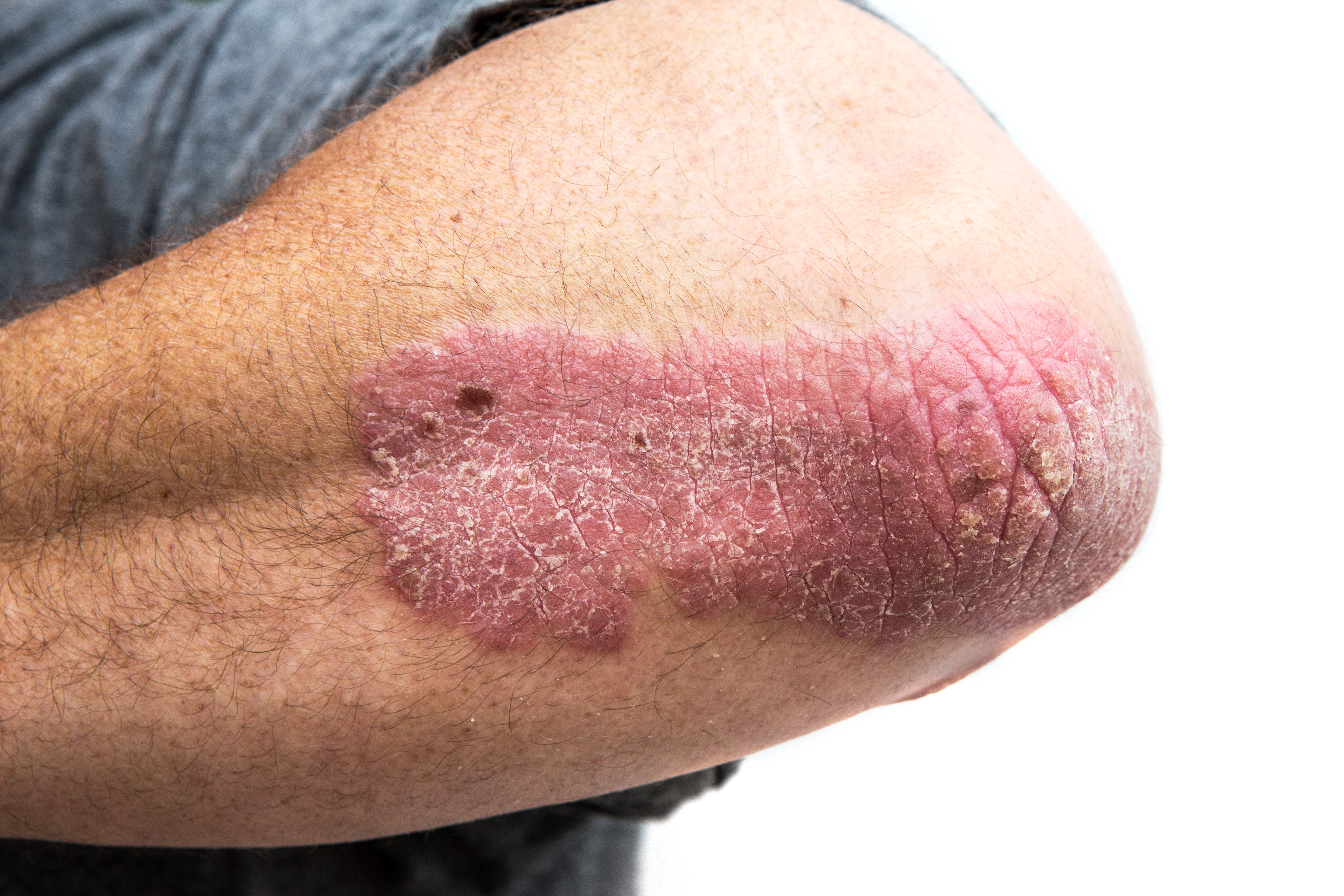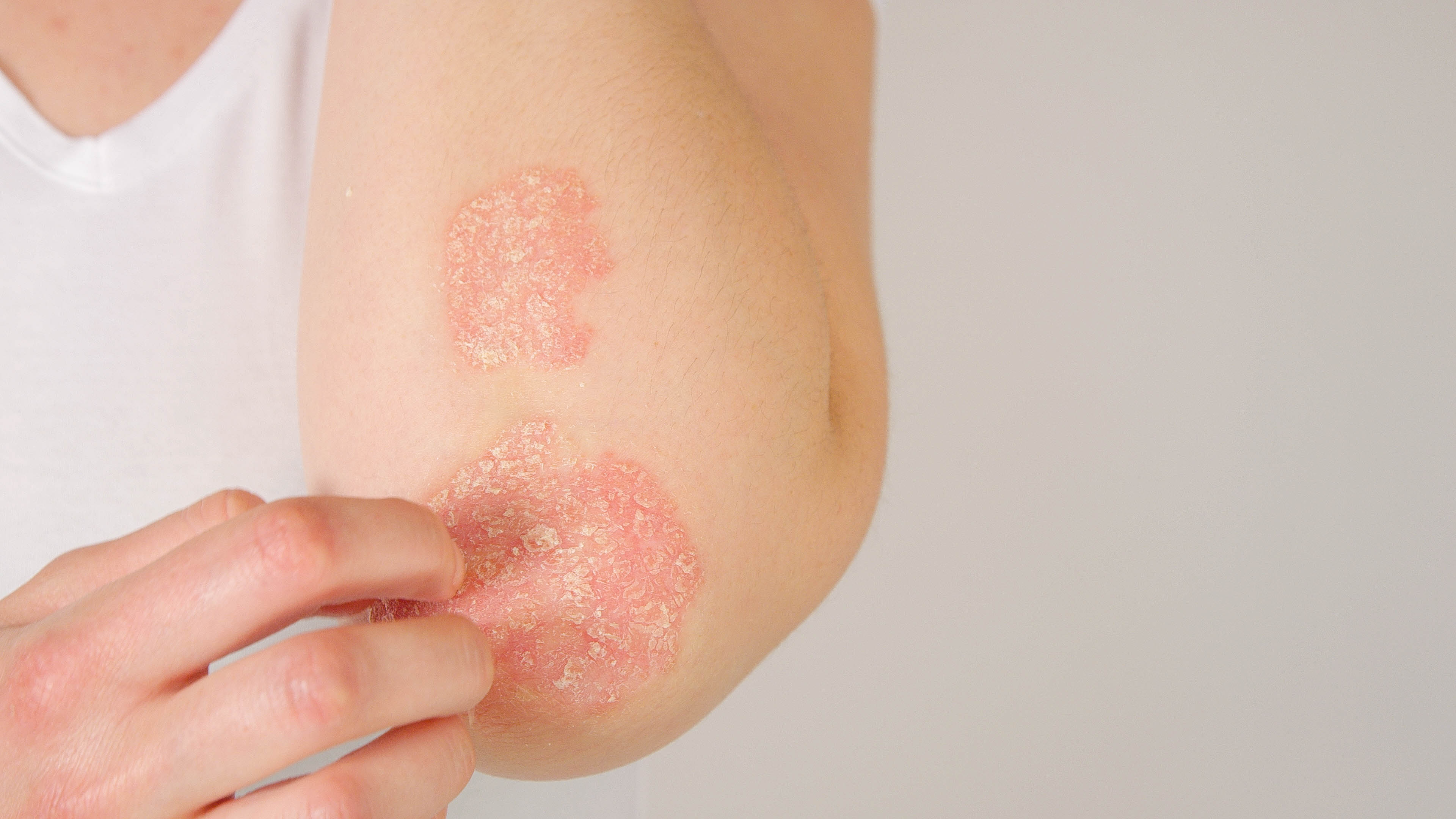The Ayurvedic Treatment for Psoriasis includes methods that kindle the detoxification process of the body. Some of the methods are snehapanam, in which medicated ghee is eliminated from the body through Vamana or Virechana.




The term psoriasis comes from the word “psora” meaning “itch.” And just as the name suggests, it is an itchy skin condition that can often get highly inconvenient. The resulting build-up of cells can be itchy and painful although Psoriasis is non-contagious.
However, fortunately, psoriasis can be managed with the help of suitable Ayurvedic treatment, that depends on the type of degree of concern sensitivity.
In most of the cases, psoriasis affects elbows, knees, scalp, upper arms, thighs and lower back.
The Ayurvedic Treatment for Psoriasis includes both external and internal procedures that are targeted to pace up the natural healing process. While studies report that psoriasis can not be permanently cured, various herbal medicines can help purify the blood which helps manage the concern effectively.
Also, the panchakarma treatment can help in the detoxification process, which aids the treatment of psoriasis.
Additionally, it’s advisable to make lifestyle changes to improve and manage a psoriasis concern. You can cleanse your diet as suggested by an Ayurvedic doctor, based on your body constitution for quicker results.

The Ayurvedic Treatment for Psoriasis includes methods that kindle the detoxification process of the body. Some of the methods are snehapanam, in which medicated ghee is eliminated from the body through Vamana or Virechana.

Apart from that, suitable external treatments such as Takradhara and Thailadhara should also be used to keep the cells from growing rapidly.
If your psoriasis condition isn’t improving after medications and treatments, Ayurveda may offer you lasting relief through natural methods.